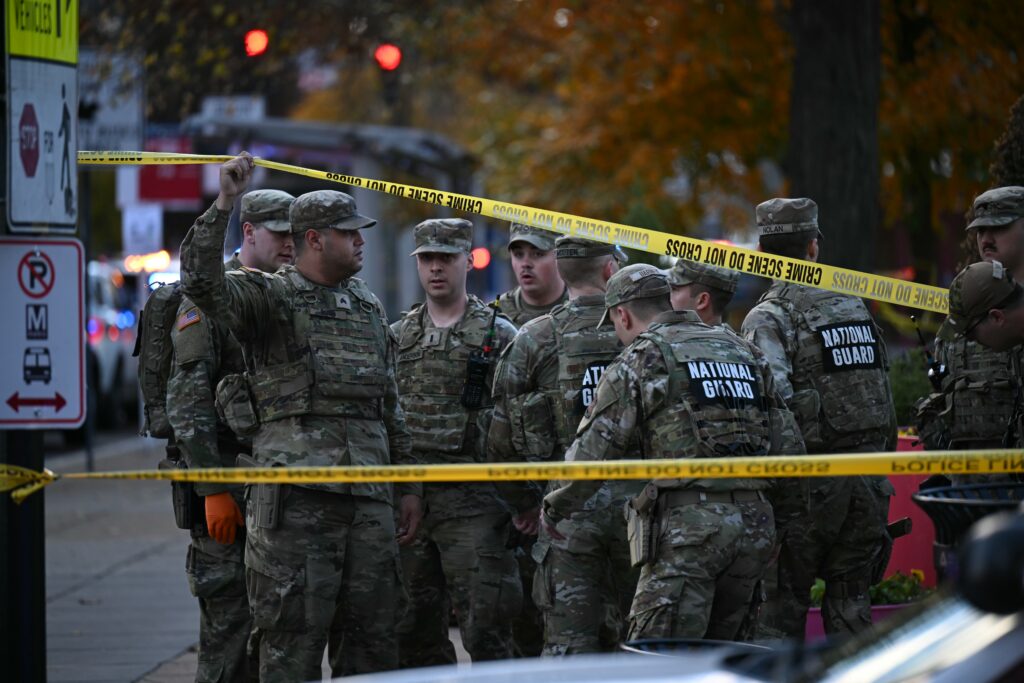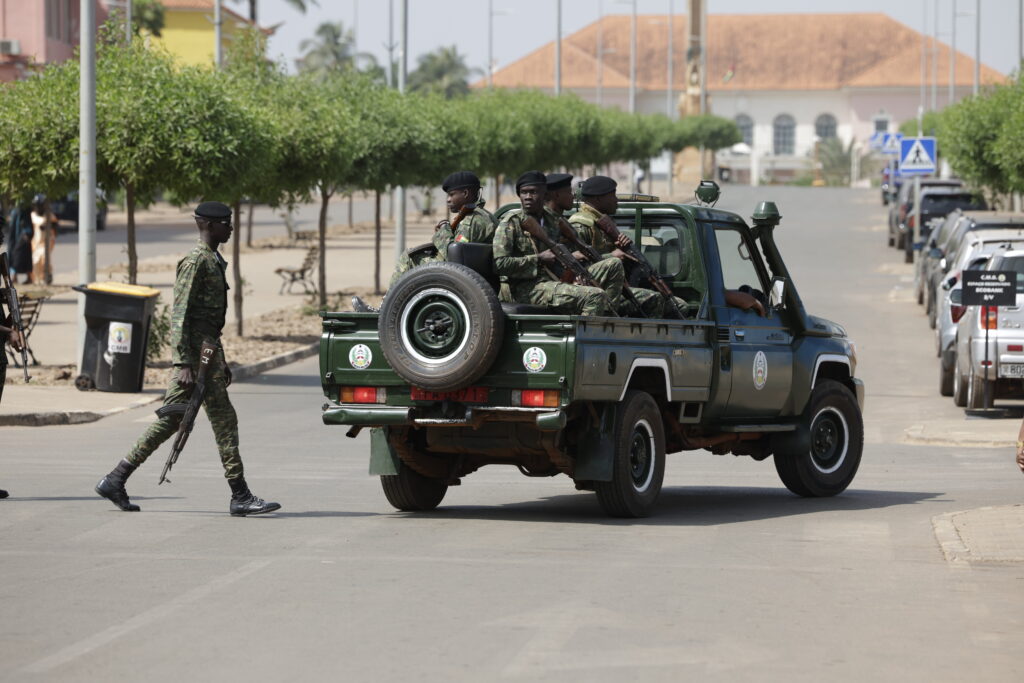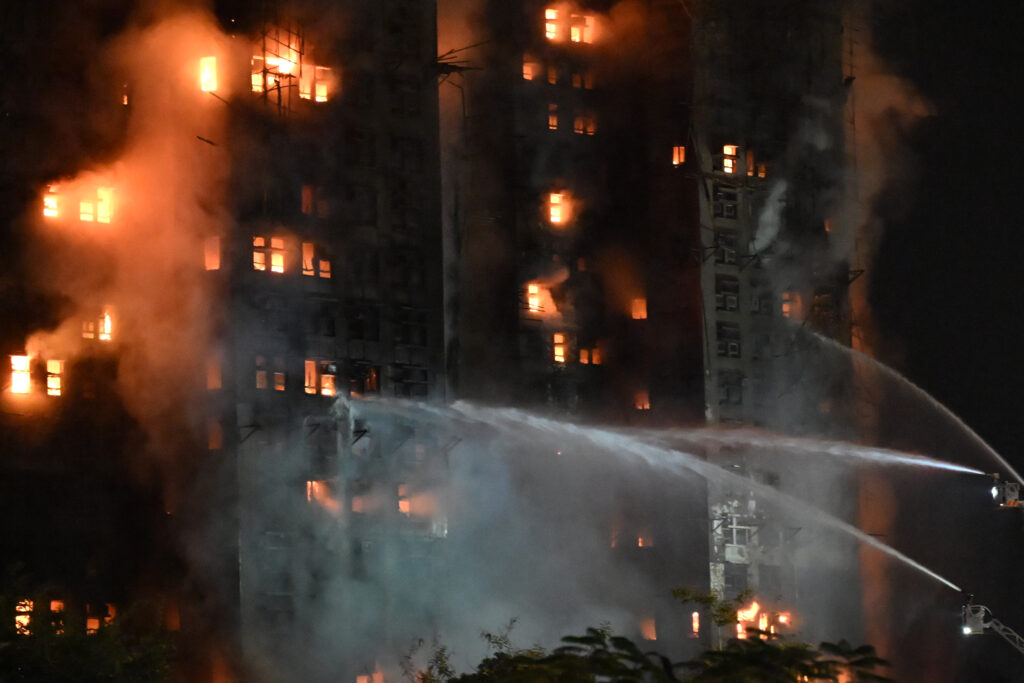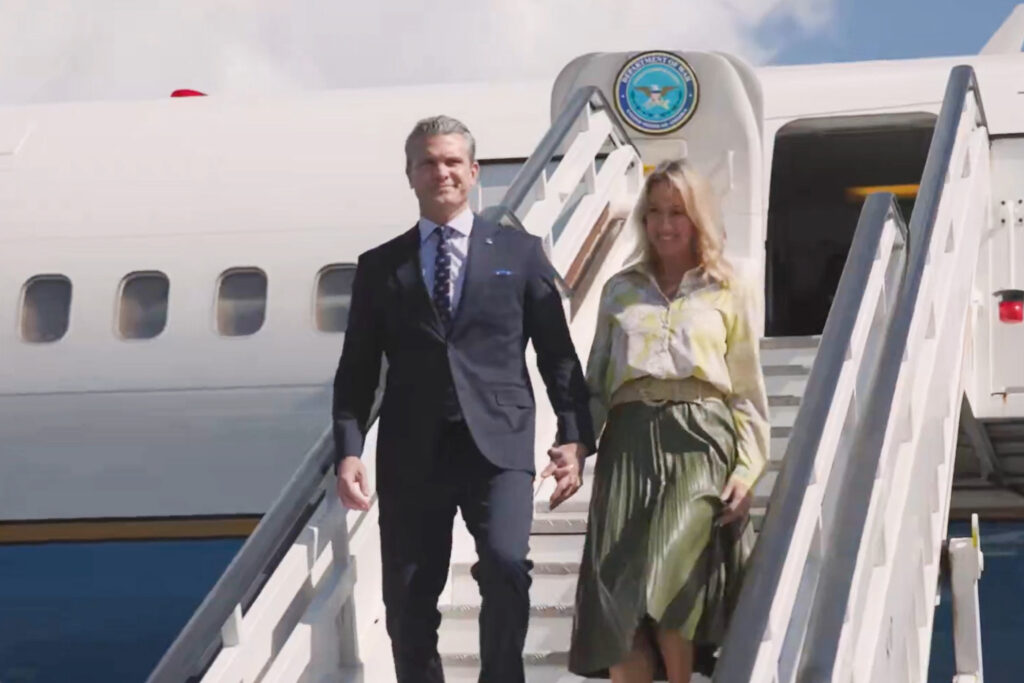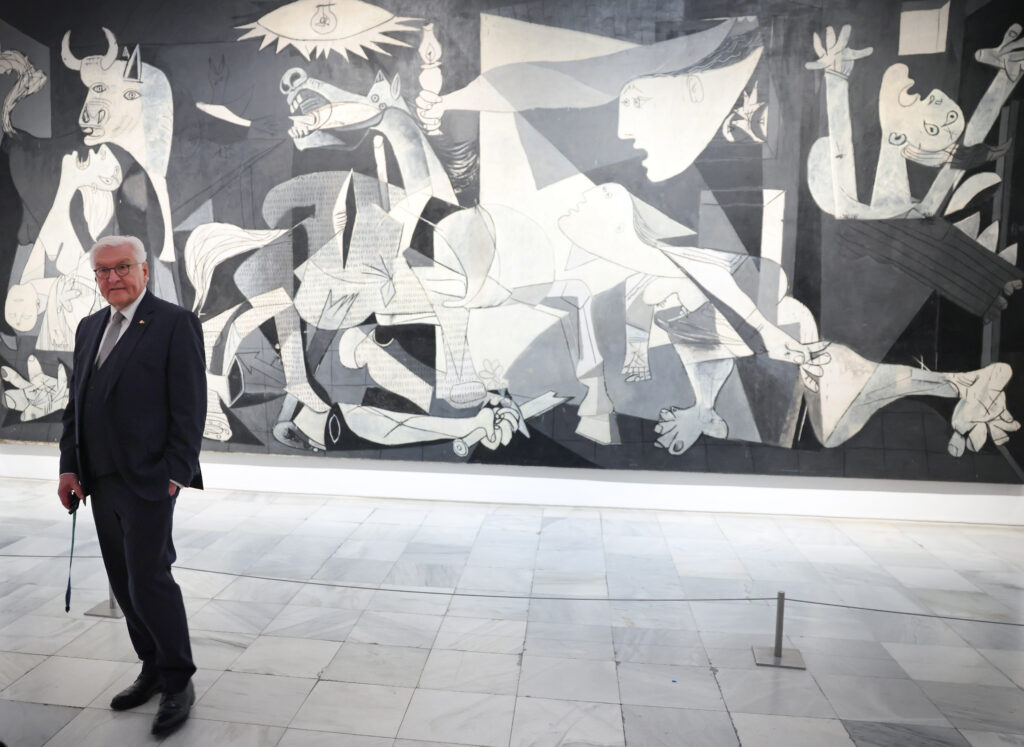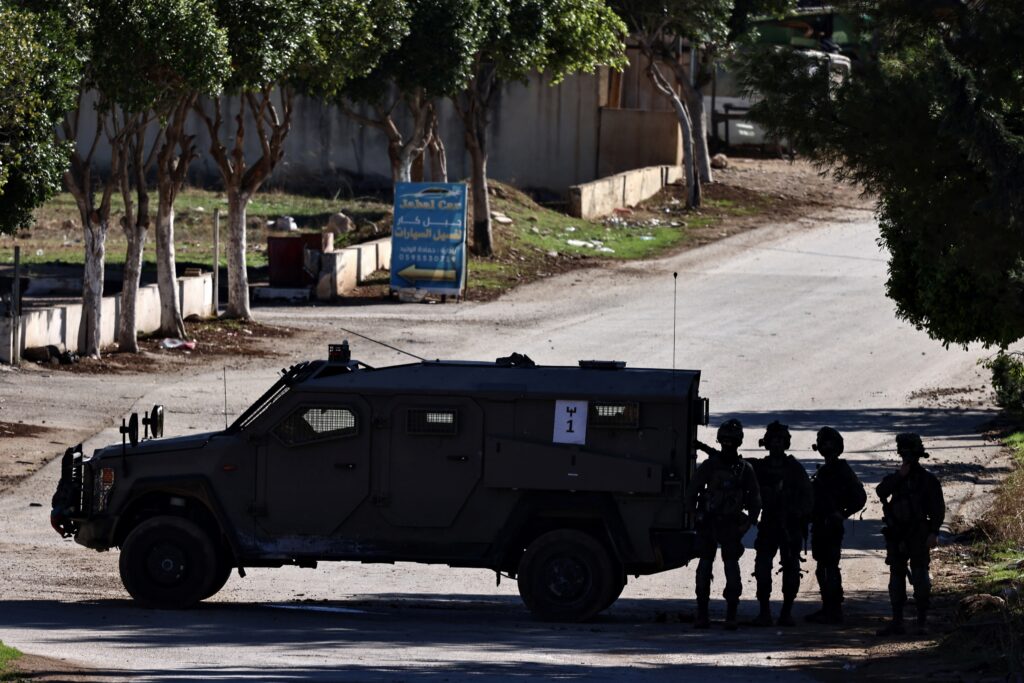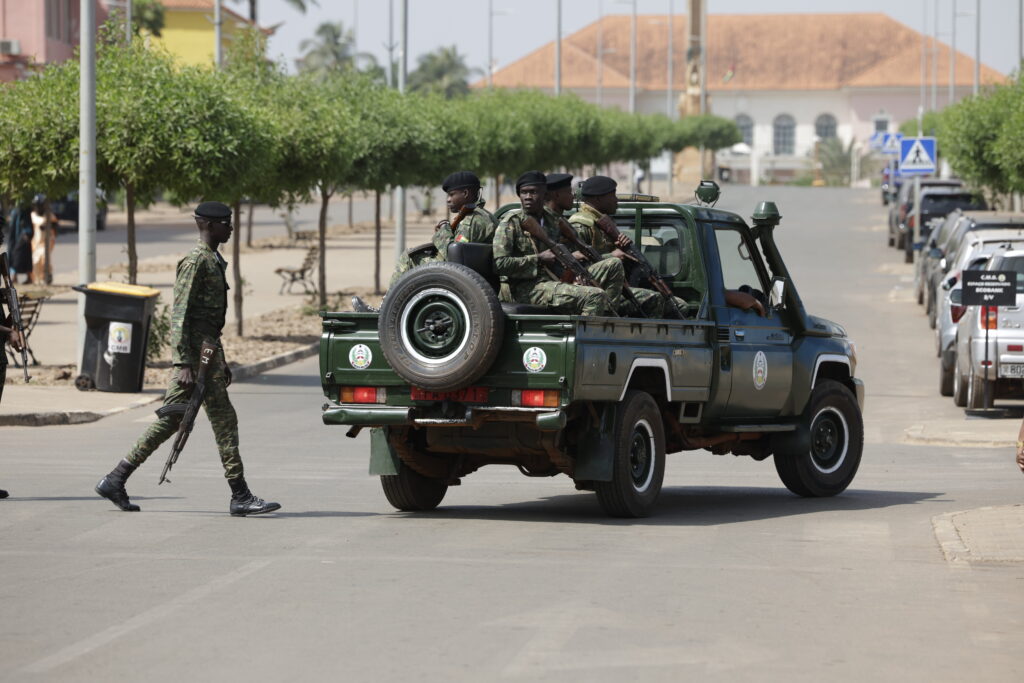Two National Guard soldiers shot near White House, suspect in custody
Two US National Guard soldiers were critically wounded Wednesday in a targeted shooting near the White House — an extraordinary security incident fueling controversy over President Donald Trump’s nationwide crime crackdown.According to multiple US media outlets, the alleged shooter was an Afghan national who had entered the United States in 2021, but US authorities had yet to publicly identify and name the suspect.If confirmed, it would mean a series of painful political issues intertwining in one bloody incident on the streets of the capital -– Trump’s use of the military at home, immigration, and the legacy of the disastrous US war in Afghanistan.Washington Mayor Muriel Bowser called it “a targeted shooting” by a single assailant.”That individual has been taken into custody,” she said.CBS News reported that law enforcement officials told the network the suspect was a 29-year-old who used a handgun to carry out the attack, while sources told NBC News the shooting was being investigated as a possible act of terrorism.Both soldiers — part of a militarized anti-crime deployment around the United States ordered by Trump — were in “critical condition,” FBI Director Kash Patel said.Earlier, West Virginia Governor Patrick Morrisey mistakenly said the soldiers, both deployed to the capital from his state, had died.It was the most serious violence against the National Guard since Trump began ordering troops onto the streets of several Democratic-run cities shortly after starting his second term this January.The Republican, who was at his Florida golf club, described the shooter as an “animal.”The suspect “is also severely wounded, but regardless, will pay a very steep price,” Trump posted on his Truth Social platform.- ‘Ambushed’ -The shootings took place at the Farragut West metro station two blocks from the White House and in mid-afternoon, when the streets and nearby businesses were packed.Jeffery Carroll, assistant chief of the Washington police, said the gunman “ambushed” his victims.He “came around the corner, raised his arm with a firearm and discharged at the National Guard members.””He was quickly taken into custody by other National Guard members and law enforcement.”An AFP reporter near the scene heard several loud pops and saw people running.Dozens of bystanders were caught up in the chaos.”We heard gunshots. We were waiting at the traffic light and there were several shots,” said Angela Perry, 42, who was driving home with her two children. “You could see National Guard running toward the metro with their weapons drawn.”Soon after the shootings, security agents flooded the area. Officers carrying rifles stood guard behind yellow tape at the perimeter and a helicopter circled overhead.An AFP reporter saw emergency crews running toward the metro with a wheeled stretcher and shortly after emerging with a casualty wearing camouflage whom they loaded into an ambulance.– Troops controversy –Washington’s government buildings are heavily guarded, but much of the city has suffered from years of sometimes serious street crime.Trump made Washington a showcase for his decision to order National Guard soldiers, in camouflage and occasionally carrying rifles, to patrol cities run by Democratic mayors, also including Los Angeles and Memphis.In the wake of Wednesday’s shooting, Defense Secretary Pete Hegseth announced that 500 more troops would deploy to Washington, adding up to 2,500.The policy has prompted bitter complaints from local officials who accuse Trump of stoking tensions, while the deployments are the subject of numerous court challenges.Last Thursday a federal judge ruled that Trump’s deployment of thousands of National Guard troops in the US capital is unlawful.Andrew McCabe, former FBI deputy director, told CNN that the soldiers are not trained for law enforcement.”That adds, I think, a real wild card element to this thing. We don’t really know how those folks would respond if confronted with a violent incident on the street with an armed person.”
